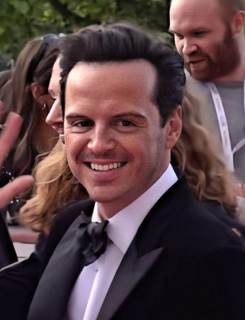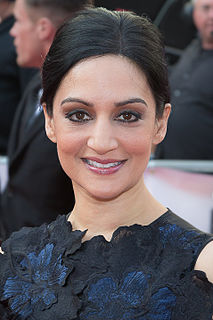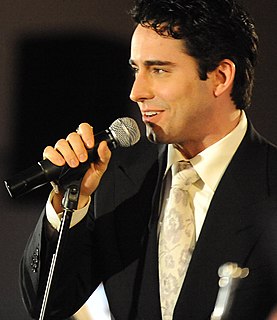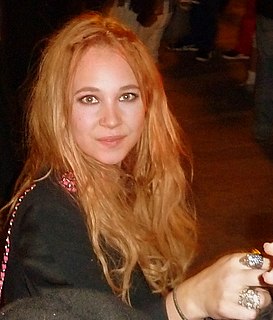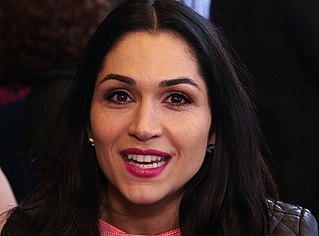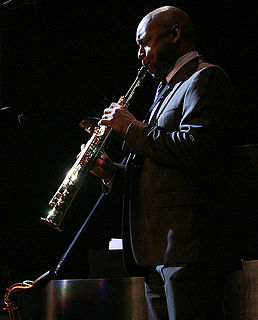A Quote by Audra McDonald
The authentic Gullah dialect is actually very clipped, and so it would sound almost Jamaican and be very odd to an American audience's ears. It's not the typical Southern dialect that we're used to.
Related Quotes
Dialogue that is written in dialect is very tiring to read. If you can do it brilliantly, fine. If other writers read your work and rave about your use of dialect, go for it. But be positive that you do it well, because otherwise it is a lot of work to read short stories or novels that are written in dialect. It makes our necks feel funny.
I find standard American the hardest. It really fits in a different place in your mouth. Southern, I find the easiest. If you talk to a dialect coach and you get sort of technical, where an English person keeps their voice in their throat, a Southern person does the same, and it's got the same sort of music to talking.


